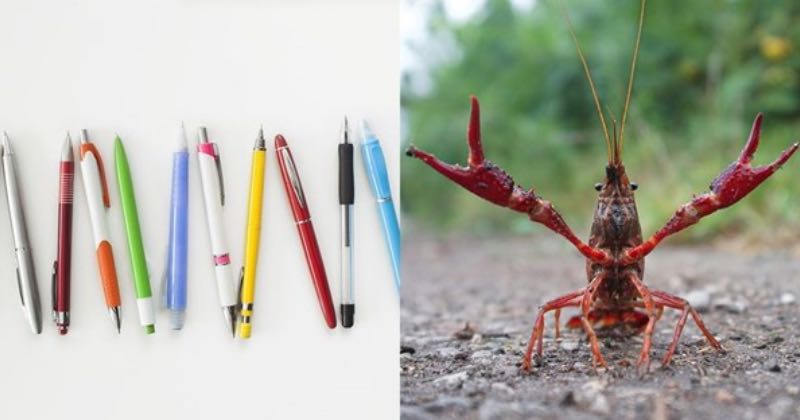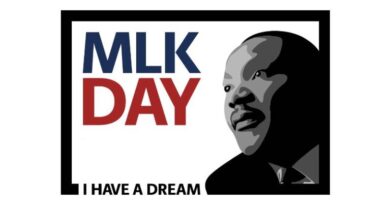It’s no surprise that there are some significant differences between the southern part of the United States and the northern part. Both have had their differences and their similarities on various issues. Though, dialect is something that really sets these two apart. It’s not just the north and the south, either. Different parts of the United States all have vastly different dialects that make them all unique from one another. It’s a wonder that northerners can understand anything a southerner is saying (and vice versa).
Growing up in the south, you probably learned several key phrases (e.g. ‘y’all’ or the famous ‘bless your heart’). However, if you grew up in the north, you probably recognize some vastly different ones (e.g. ‘you guys’ or ‘youse guys’). Southerners are known for their southern drawl that uses long, lazy vowels. While northerners are known for precise pronunciation and break up the vowels a lot more.
Not to say either is better than the other, but it’s fascinating to look at. Of course, there are plenty of sub-dialects for each of these. The northern midwest and northeast have distinctly different accents and dialects from one another, just like how the southwest and southeast a distinctly different from one another. It can be hard to tell which accents come from where specifically, and generalizing them is even harder. We did our best though and compiled this list of words that the north and south generally differ on.
Fireflies

You’ve probably seen the cute little bugs that appear during the summer, the ones that light up and look like stars floating across the ground. In the south, they’re known as fireflies. Northerners, on the other hand, call them lightning bugs.
Lawyer

Most Americans (including the north) pronounce the word ‘lawyer’ in a way that ‘law‘ rhymes with ‘boy.’ However, Southerners emphasize the ‘law‘ part, so it makes a ‘saw‘ sound.
Oil

For Southerners, oil is a simple one-syllable word pronounced the way you’d expect. For most Northerners, the word oil turns into a two-syllable word and sounds like ‘oiyul.’
Caramel

This is another one that’s kind of divided amongst the various regions of the United States. Southerners pronounce the word with three syllables and emphasize the second syllable (‘care-uh-mel‘). Other areas, especially the north, pronounce it with two syllables and eradicate the second syllable that the Southerners emphasize (kar-mel).
Crawfish

You know those mini-lobsters that live in creeks and streams rather than the ocean? The majority of the south calls them crawfish, while the north kind of switches between crawdad and crayfish.
Aunt

The majority of Southerners pronounce the word ‘aunt’ just like ‘ant.’ Northerners (specifically Northeasterners) pronounce ‘aunt’ like ‘daunt.’
Mayonnaise

This word is a little more divided across the nation, but most Southerners pronounce the word with two syllables (“man-aze“). Most Northerners (especially Northwesterners) pronounce the word with three syllables (“may-uh-naze“).
Pajamas

This mostly refers to the second syllable in the word, mainly how the ‘a’ sounds. Southerners pronounce the word so that the ‘a’ sound is long like the ‘a’ in the word ‘father.’ Northerners, on the other hand, pronounce the word so that it actually sounds like the word ‘jam.’
Route

Southerners typically pronounce this so it rhymes with the word ‘out.’ Northerners (and a lot of others) pronounce it, so it rhymes with the word ‘root.’
Crayon

This word is different among many of the different regions in the United States. Most commonly, Southerners pronounce the word ‘cray-ahn,’ while Northerners and other areas say ‘cray-awn,’ ‘cran,’ and ‘crown.’
Pen

You’d think there wouldn’t be discord on what seems to be an easy word. Southerners have one of two ways to pronounce the word, either as ‘pin‘ or like ‘pyen.’ The North and other regions typically pronounce it just like it should be, as ‘pen.’
Been

Most Americans pronounce the word ‘been’ like the word ‘bin.’ The North-Central U.S., however, typically pronounces the word ‘been’ like the name ‘Ben.’
Syrup

Most Americans pronounce this word as ‘sir-up,’ but the Northeastern part of the country people typically say ‘sear-up.’
Caught

In the south, most people pronounce the word ‘caught’ like ‘kawt,’ while Northerners pronounce it a lot like the word ‘cot.’
Coke

Almost unanimously across the southern part of the United States, the generic term for a sweetened carbonated drink is ‘coke.’ This acts as an umbrella term, covering all the different types of soda, not just Coca-Cola. Meanwhile, most Northerners call soda’s ‘pop,’ though some in the northeast just call them ‘soda.’
Buggy

Shopping carts are a staple of every grocery store, and most Northerners call them shopping carts. Southerners, on the other hand, call them ‘buggies.’
Y’all

There’s a very major and obvious divide in the way people in the North and South address a group of two or more people. Most famously, Southerners address groups as “y’all.” Most Northerners address a group of people as “you guys.”
18-Wheelers

Those giant trucks that typically can’t drive and hog the road? In the south, they’re known as 18-wheelers, while in the north they’re known as tractor-trailers.
Water Fountain

You remember those things you drank water out in the hallways of your school? Well, most Southerners and Northeasterners call them water fountains. Most Northwesterners call them drinking fountains. There are also a few places up north that call them bubblers.
Anything That Ends With a ‘G’

Okay, so if you’ve ever really talked to a Southerner, then you might have noticed that words that end with a ‘g’ typically cut off the ‘g.’ Fixing becomes fixin, going becomes goin, going to becomes gonna, and the list can go on and on. Most Northerners pronounce the ‘g’s in words.




